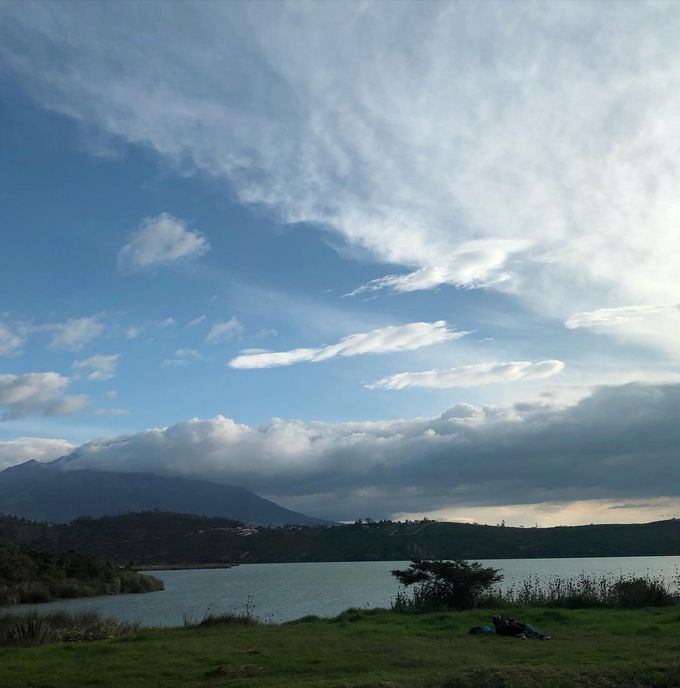
Onboarding checklist for a new PhD candidate
As I shared my template for the first meeting with a new MSc thesis student with you, and used this to develop an onboarding checklist for my new postdoc, I figured out that I could as well develop an onboarding checklist for a hypothetical new PhD candidate.
Here it goes!
- Welcome and introductions:
- See who will be welcoming the new PhD candidate upon arrival to work and show them their office and show them around.
- Schedule a meeting to introduce yourself and the research group.
- Get to know the new PhD candidate’s background and research interests.
- Discuss the new PhD candidate’s working style and communication preferences and communicate about your own working style.
- Discuss the future plans of the new PhD candidate and how this project can serve their goals for the future.
- Discuss any coursework requirements for the PhD program and policies of the doctoral school.
- Provide an overview of the department, university, and research group
- Introduce the candidate to other faculty members and staff
- Procedures:
- Explain the procedures for onboarding from HR and any required paperwork that needs to be completed (not explaining the whole system, but just so that they know that all costs of travel get reimbursed).
- Explain the funding and benefits package for the PhD candidate. Explain about the travel budget and how to request a trip abroad in the system.
- Explain the expectations and responsibilities of the PhD candidate, including coursework, research, and teaching, and how much time the candidate is expected to spend on these various tasks (maximum 20% of time on teaching, coursework is actually not really considered in the time breakdown in the contract so it needs to be coordinated with supervisors and around lab work).
- Walk the new PhD candidate through the format of regular meetings and other important meetings (such as project updates, presentations, and review meetings).
- Discuss the expectations for the new PhD candidate’s work, including quality standards and timelines.
- Explain the expectations for performance and progress updates.
- Clarify your role in the supervision and any other team members’ roles. Explain the role of the mentor and mention additional resources (career counseling, psychological support etc) that are available.
- Tools and resources:
- Provide the new PhD candidate with the necessary tools and resources to get started (such as access to relevant software, databases, and literature).
- Explain how you will provide feedback on their work (e.g. regular meetings and feedback on written documents).
- Provide information about the university’s policies and procedures (such as ethical considerations, safety procedures, open access policy, data management, intellectual property, and reporting requirements).
- Refer to materials of doctoral schools and explain the expectations and deadlines for the courses.
- Clarify expectations and involvement in teaching of the PhD candidate.
- Project-specific tasks:
- Discuss the scope of the project and any specific tasks that the new PhD candidate will be responsible for.
- Review any existing research, data, and literature that the new PhD candidate will be working with.
- Discuss the methods and data analysis techniques that will be used in the project – how much of the methods are predefined, and how much liberty does the candidate have in proposing new methods and designing experiments?
- Help the new PhD candidate to develop a preliminary project plan and timeline for their assigned tasks.
- Discuss initial ideas for the research question.
- Identify opportunities for learning new skills, attending summer schools, and other possibilities for growth and development.
- Setting expectations and next steps:
- Set expectations for the next few weeks and the first month of the new PhD candidate’s work.
- Clarify any questions or concerns the new PhD candidate may have.
- Set a schedule for regular check-ins and feedback sessions.
- Provide additional resources or support the new PhD candidate may need to get started. Introduce them to key people (secretaries, lab technicians).
- Thank the new PhD candidate for joining the team.
6. Professional Development and Career Planning (things to already bring up but not to go in detail too much)
- Discuss the importance of professional development and networking for the PhD candidate
- Provide guidance and support for the PhD candidate to develop skills in teaching, mentoring, and leadership
- Discuss the career options and opportunities for PhD graduates in academia, industry, and government
- Help the PhD candidate to create a personalized career plan and to identify potential mentors and collaborators (not creating this plan at the onboarding sessions, but explaining them to keep the future in mind, and who within university will help them develop their career plan).
- Encourage the PhD candidate to participate in outreach activities and to engage with the broader community
Do you have standard procedures for starting a new PhD candidate?
Share with your peers!




[…] will be a monograph or if you will graduate by publications. From the other side, as a supervisor, this onboarding checklist contains what I feel that I need to discuss with a new PhD […]